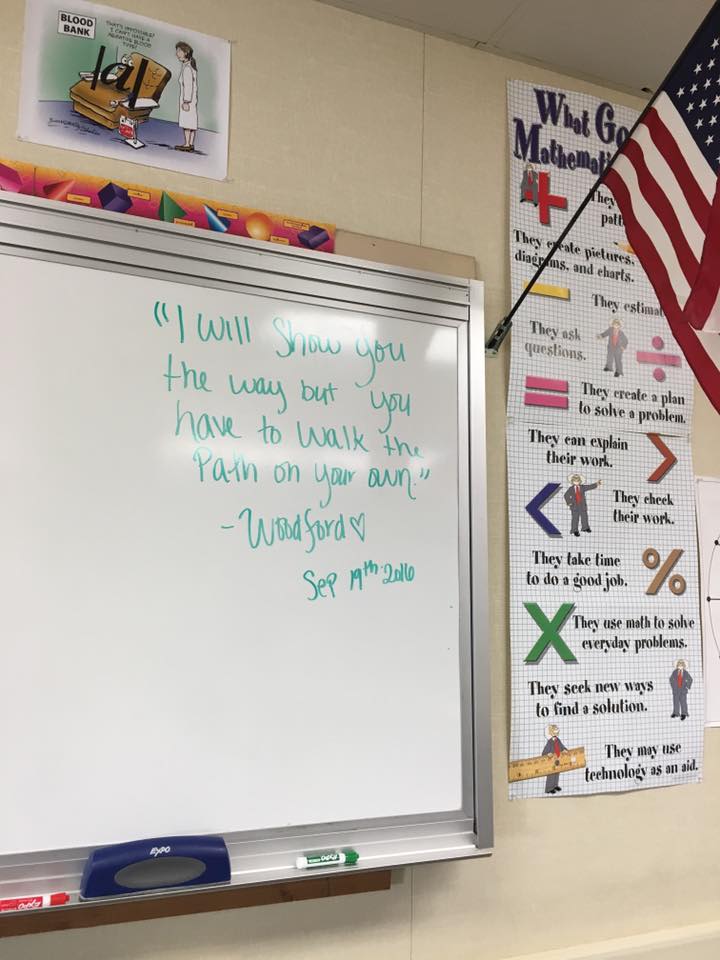|
Why isn't it more main stream to love math and to be enthusiastic about participating in mathematics learning?
A former Principal I worked with (@neffdan5) used to say: "we can't expect the students to have a better culture than the teachers." For me, it stuck. Culture. The family, school, society, and context of our lives has a staggering degree of connection to the attitudes we hold and activities we engage with. What would happen if you were to organize a math problem solving session this weekend and invited all your friends? (Yes, even the non-math teachers.) Would they show up? Would they think it was a joke? Would they arrive with a pocket full of number two pencils and a scantron, wearing their favorite pocket protector and holding a pad of graph paper? Would they grumble how they are not math people and offer to pour drinks instead of solve problems? (To be sure, it is a necessary job at all math parties.) If you are anything like me, you might be chuckling as you think to yourself of who the hard core math lovers are that would show up smiling, and what the amazingly creative excuses for not showing up would include. If only they were as creative with their mathematical problem solving as they are with the excuses for avoiding it. I'm going to ask you to be honest with yourself and take stock in what your life outside of teaching really looks like. Do you let natural curiosity drive your learning interactions? Do you do math for fun on your free time? Do you engage with learning math without a big picture understanding and a clear learning goal? Do you look for new and interesting ways to incorporate mathematical thinking into your daily interactions? Hopefully, the answer to all those and similar questions is a resounding: YES! If not, then at the very least I hope you will begin to find compassion for your disinterested students, they may not be so different than you after all. For those of you who said yes without hesitation, here comes the follow up... Do you openly and transparently share these dispositions with your students? It is one thing to be the perfect example for students to follow, it's another to share the stories and experiences that will allow your students to follow your lead and emulate your example. As teachers, our example is much more than our lessons, or the words of wisdom written on the whiteboard. We model how to act, what to value, who has value, what we hold dear, and how to live our lives. All of this has very little to do with math but a huge impact on what your students learn from you. To be the example for them to follow, you first need to take on the immense challenge of being the best version of yourself. Next, learn to tell your story so that people can see behind the curtain and understand the depth of thought and determination involved in the example you set. In my experience, these two things will transform the culture of a class more authentically than any new strategy, group structure, or innovative task. When students buy into you as a person worthy to teach them, the details become much easier to iron out. Just like my former principal said: we can't expect a better culture from the students than we demonstrate ourselves. https://samjshah.com/mathematical-flavors-convention-center/
0 Comments
|
By: Mr. WoodfordI will reflect on ideas and practices I learn through my formative years as a classroom math teacher. Archives
August 2018
Categories |
Search by typing & pressing enter


 RSS Feed
RSS Feed
